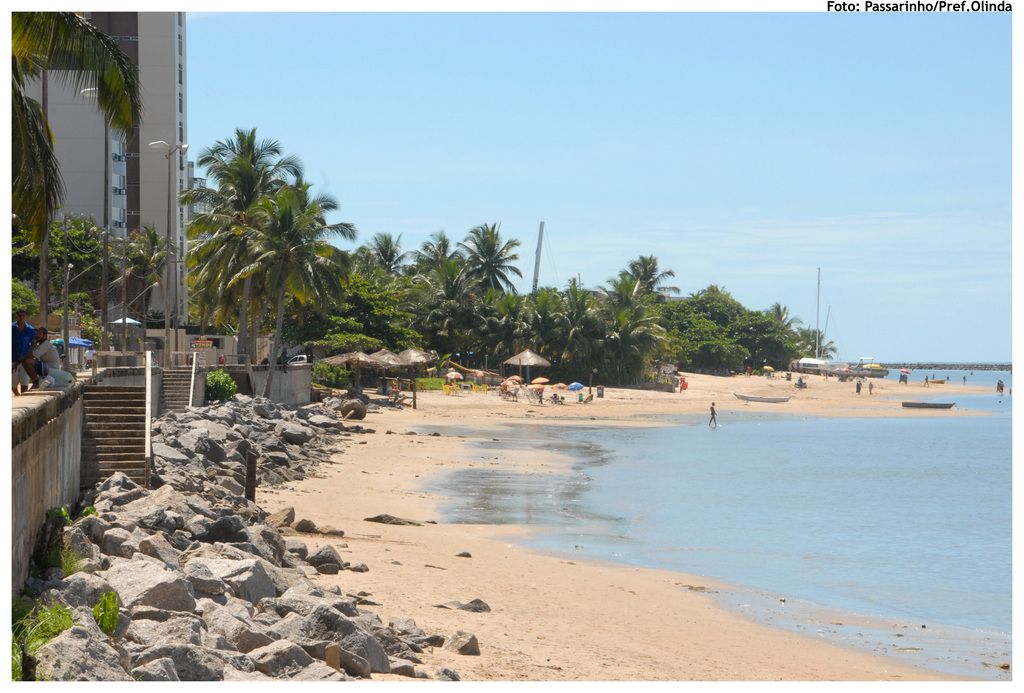Inquiring about the council tax liability for a secondary residential property?
New and Noteworthy: Second Home Owners Brace Yourself for Soaring Council Tax Bills!
Got a second home? Better get ready to shell out a pretty penny this year as local authorities are now allowed to slap you with an exorbitant council tax bill. Thanks to fresh laws in effect from 2024, councils can hike up your bill by a whopping 100% for additional properties, provided they're not your main residence.
Known as the council tax premium, this new levy could crank up your second home bill from approximately £2,171 per year to a daunting £4,342! And if you're a property investor already grappling with higher stamp duty costs and mortgage interest relief restrictions on buy-to-lets, this additional expense might just be the final straw.
Pro Tip: Want to stay savvy and save some cash? Sign up for our website magazine to get the latest financial news, expert analysis, and stellar discounts. Plus, enjoy 60% off your first year!
Council tax statements usually arrive in March, and the new charges come into force in April. Thus, numerous property investors and second home owners could find their pockets lightening from next month onwards.
With more than 150 local authorities preparing to enforce this premium, particularly in popular holiday hotspots, it's essential to know if your area is affected. Councils including Bath and North East Somerset, East Devon, and North Yorkshire have already jumped on the bandwagon. So, if you reside in a picturesque holiday spot like Cornwall or the Lake District, beware of the rising tide!
Don't miss out on that tasty financial knowledge pie! Keep an eye on the Local Government Chronicle - their reports suggest that these changes could rake in over £100 million for councils annually.
Second home premiums have already been a reality in Scotland and Wales, with councils in Scotland allowed to charge up to double the full rate of council tax, while the premium in Wales can amount to a staggering 300%.
CTRL+ALT+FIND: Uncovering the Council Tax Premium for Second Homes in Your Area
Curious about whether the council tax premium will apply in your area? Here's a step-by-step guide to help you:
- Check Your Local Council's Website: Navigate to your local council's website and look for information regarding council tax premiums on second homes.
- Reach Out to Your Local Council Directly: If you can't find the info online, connect with your local council's customer service or tax department to get the lowdown on any premiums or charges.
- Stay Tuned for Local News: Stay alert for any recent changes or updates in your area concerning council tax policies.
Remember, given that many councils have already endorsed the increased council tax on second homes, keep a keen eye on your local news for any policy changes or updates.
Sorting Out the Second Home Jumble: Property Exemptions
Different rules apply to various property types:
Buy-to-Let
If your second home is a buy-to-let property, congrats! You don't have to fork over council tax. Usually, it'll be your tenant's responsibility to pay the bill. This means such properties will escape the second home council tax penalty.
However, if you own a 'house in multiple occupation', meaning you rent rooms individually, then the owner is responsible for paying the council tax, although they can add it to the rent they charge.
Empty Homes
An empty, unfurnished property can attract an empty home premium in England. In this case, you'll pay more if your home has been empty for a substantial period:
- 1-5 years: premium of up to 100%
- 5-10 years: premium of up to 200%
- 10+ years: premium of up to 300%
Your home will continue to be classified as empty until it's been furnished and occupied for more than six weeks consecutively.
In Scotland and Wales, the premium can be 100% and 300%, respectively.
Holiday Lets
If you follow the rules to classify your property as a holiday let, you won't have to worry about council tax on your second home. Instead, you'll pay business rates, which are generally cheaper.
In England and Scotland, to be considered a self-catering property, your second home must be available for short periods of at least 140 days in the tax year, and it must actually be let for at least 70 nights.
In Wales, a holiday let must be available for short lets for at least 252 days a year and rented for at least 182 days.
Crunching the Numbers: What Will You Pay for Your Second Home?
If your second home doesn't fit into one of the above categories and is classified as a second home, the amount you'll pay will depend on various factors:
- Where your second home is located
- Its council tax band
- Whether you're eligible for a council tax discount
In England, councils that comply with the rule change can double the council tax bill on a second home. As of 2024-2025, the average annual council tax bill is £2,171 per year (based on Band D), so you could expect to pay around £4,342 a year from 1 April 2025 if your second home is in an area that has imposed the 100% premium.
Escape the Land Tax: Averting Second Home Council Tax
There are limited exemptions for second home council tax. If the added expense cramps your style, selling your property may become the best option.
Alternatively, you could convert your home into a holiday let, which would be exempt from council tax. However, be prepared for the challenges that come with managing a rental property.
Furnished holiday lets are becoming less attractive thanks to other tax changes slated for April 2025. In the past, owners could enjoy certain tax reliefs like mortgage interest deductions. But from April onwards, that will change.
From April, owners of furnished holiday lets who decide to sell up won't qualify for a lower rate of capital gains tax either.
If you're unable to live in your property due to extensive renovations, you might not have to pay council tax during that period. Similarly, inherited homes are exempt for a year to provide the new owners time to complete probate. Lastly, if your occupation prevents you from living in your property, you may be excused from the second home council tax.
- In light of the new council tax premium charges, property investors and second home owners interested in managing their personal-finance would be prudent to check the local council's policy and assess whether their second home will be subject to this premium.
- If facing significant increases in council tax for second homes, individuals may consider strategies to minimize their financial-burden, such as converting their property into a holiday let or selling it entirely, given the upcoming changes in tax relief for furnished holiday lets come April 2025.






